“Where to?” asks Mohammed*, a memorable Uber captain as I slide in his car. He is not the first captain to ask for a location already on the application. I tell him Heliopolis.
“Good, I wanted to go there anyway.”
Thus marks the beginning of a curious and exciting car ride, one I am sure to remember for years to come. In fact, when I woke up one morning in May, I thought that attending a press conference at the embassy of Ecuador would be the highlight of my day. How wrong was I.
Though the ride was ridiculously expensive, the conversation has stuck to mind ever since.
Mohammed is an elderly gentleman with a wide smile, wearing an off-white Nike shirt and black sports pants.
He asks if I know Omar Ibn Al-Khattab Street, to which I reply yes. He asserts that it is his destination which strikes me as odd; I’ve always imagined Uber drivers just… driving—going where the app takes them, with no regard for starting point or destination.
This man, however, seems to know both Zamalek and Heliopolis well, like friends long-visited. It makes me feel a sense of history—the sort that lives in people, not books. It also makes me appreciate the humanity of those whom we merely brush past during our day. Doesn’t the Uber driver I rode with in the morning also have memories that form a rich history of people, places, and times?
“Is this the 6th of October Bridge or the 15th of May?” Mohammed asks at a fork in the road, adding that the streets have changed after the building of bridges. He has opinions, lots of them, about the building of bridges among many other things. It is actually quite refreshing to hear a stranger speaking so candidly and so openly about their views, sharing their knowledge and their stories. I learned a lot from that ride, thankfully prolonged by traffic.
We don’t take the first entry to the bridge as it seems congested, rather, we continue for a while in Zamalek itself. I was admiring the overarching trees and narrow streets of Zamalek when the car suddenly came to a halt.
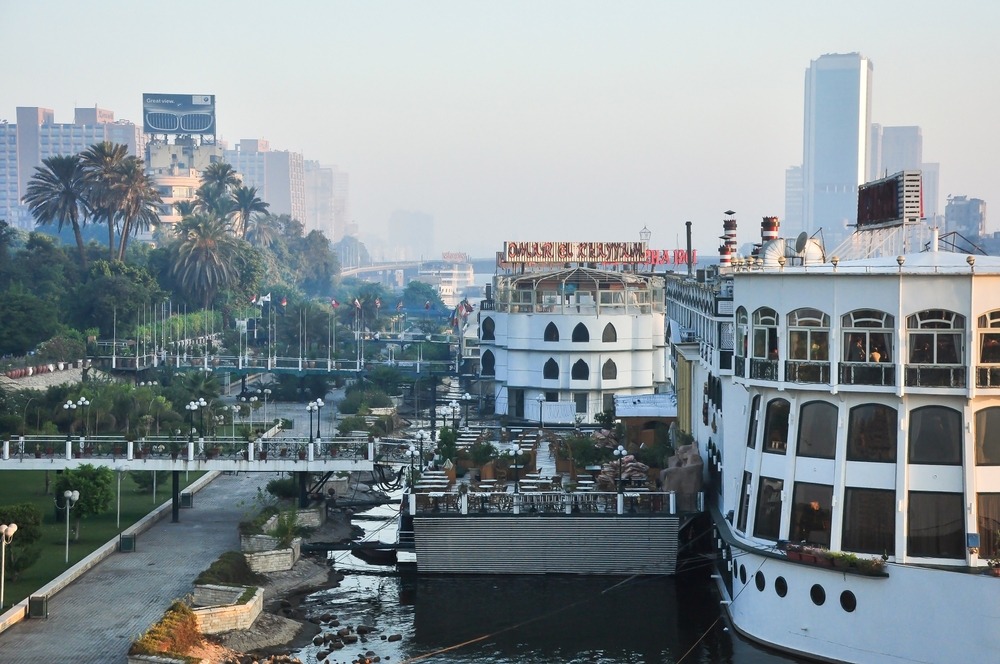
“Want to drink haga sa’aa [a cold beverage]?” asks Mohammed. As he was asking me again the car in front of us backed up into his and bumped into it. Mohammed took it as well as one can, telling the driver at fault hasal kheir (all is well). He is surprisingly positive and energetic considering his age, 66 years old—an age where some are content to stay at home and fall back into static routine.
The other driver is looking at the cars and says that there’s no damage, to which Mohammed asks “to yours or mine?” The other driver—the one who bumped into us—answers “both,” clearly looking at his car.
Nabbing a large bottle of water, Mohammed returns and notes how the driver was the one at fault but was looking at his own car. Mohammed seems particularly observant.
Lessons in History
If Mohammed is anything, it’s unique.
Despite brushing off any interest in politics, he is particularly elaborate on the topic, as well as history. He discusses with ease Hadthet El-Manshiyya (the Manshiyya Incident) and how Egyptian president Gamal Abdelnasser’s speech, after the attempt on his life gained him popularity, with him stating “Abdelnasser is yours and Abdelnasser’s life is yours.” This comes in the context of Mohammed telling me about public image, media, and how they’re influenced or manipulated.
Mohammed tells me that Abdelnasser’s two big mistakes were the war in Yemen and that of 1967. He was 10 years old in 1967, playing by the coast when he saw ships burning after being hit by a missile. Again, I sense the weight of history sitting beside me, narrating to me events he saw with his own eyes, events that most of us read in history books.
This man lived through most of Egypt’s republican history, from Nasser to today.
He has seen presidents come and go, ages pass, and the country change several times. He tells me things, speaking with the authority of one who lived through them, and is surprised to know that I don’t know them—as if such events, now long passed, are part of life itself, as if they shape everything about us as a society and as a country today—which they absolutely do. It’s my fault that I’m a journalist and global affairs graduate who doesn’t know his country’s history well enough.
It quickly dawns on me that Mohammed is not only talking to me, he is teaching me.
Touching upon the 1973 war and the Camp David peace agreement with Israel, he asks me whether I thought it had been a good move to which I replied that there are two perspectives on the matter. He prefers the one which claims that Sadat did well with the agreement, and that the Arabs and Palestinians were at fault to not take the deal then—a timeless debate with no answer void of retrospective judgment.
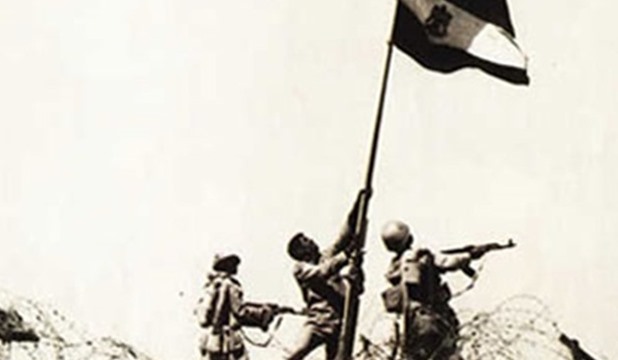
Surprisingly, he is a also fan of the 2011 revolution too, believing his happiest days to have been in the first few days of the uprising—a sentiment typically expressed by the youth—and describes the scenes of Qasr Al-Nil bridge as he happened to watch from an overlooking café on the first day of the revolution.
With eyes on the road and occasional glances my way, Mohammed then bounces back to politics, saying that former popular Minister of Interior Ahmed Roushdy was a “true Egyptian,” and that the streets were organized and not congested during his time. He speaks about how Roushdy wrote his own son’s resignation letter when the son’s officer colleagues asked for bonuses from the minister. Mohammed tells me that Roushdy’s son lives in a popular district in Nasr City, which he knows because his friend’s sister lived in the same building.
We pass the Meridian Hotel which recently shut down and where he used to venture to in his days of youth, despite preferring the Sheraton.
While on Salah Salem Road in the midst of traffic, a taxi cab behind us keeps honking excessively because we’re moving too slow for his taste, leaving too wide a space between us and the car in front. After a while, I’ve had it so I turn my head and glare at the driver, to which Mohammed says “don’t mind him. I’m just keeping my distance from the car in front of us.” I’m impressed by his calmness and peace of mind, especially for such a revolutionary at heart.
This is one final aspect which Mohammed surprised me with: he seems to take life with all its difficulties in stride. Even when he complains, he gives off the energy as one seeking solutions without self-conflict or difficulty comprehending the reality. It seems that things just are to Mohammed.
He tells me that he has two boys in high school, and that one of their tuition is “only” EGP 20,000 per year (USD 647), but that the burden comes from other things like clothing. “A pair of shoes costs EGP 1000 (USD 32) alone.”
I tell him that I get most of my shoes from Roxy—where affordable knockoffs are sold—to which he replies saying “I can’t send my boy to school in cheap shoes.”
And then, before he tells me about his unsuccessful business venture, the trip ends. For the first time ever, I wish there was just a little bit more traffic.
Personal Riches
I’ve heard a lot but only scratched the surface of what Mohammed has to offer.
It brings to my attention how, as a younger generation, we don’t fully appreciate regular people—not scholars or high-profile policymakers—with a lot of experiences to share. We feel that the older generation is to blame for many of the problems we face today, which is true, but through that feeling we tend to neglect the personal richness of individuals, each having walked down a unique path.
Near the end of our little trip, Mohammed tells me that he does this Uber job to “empty his head”. He saw in me a listener and someone to impart some of his knowledge as we share just a bit of the journey.
At first, I saw in him someone who was positively un-Uberlike. Then, I saw a person in fullness—a complex vessel of emotion, knowledge, and experience meshed by circumstances and held together by belonging to a larger notion of humanity.
*Name and ride-sharing company have been changed to protect the privacy of the captain.
The opinions and ideas expressed in this article are the author’s and do not necessarily reflect the views of Egyptian Streets’ editorial team. To submit an opinion article, please email [email protected].
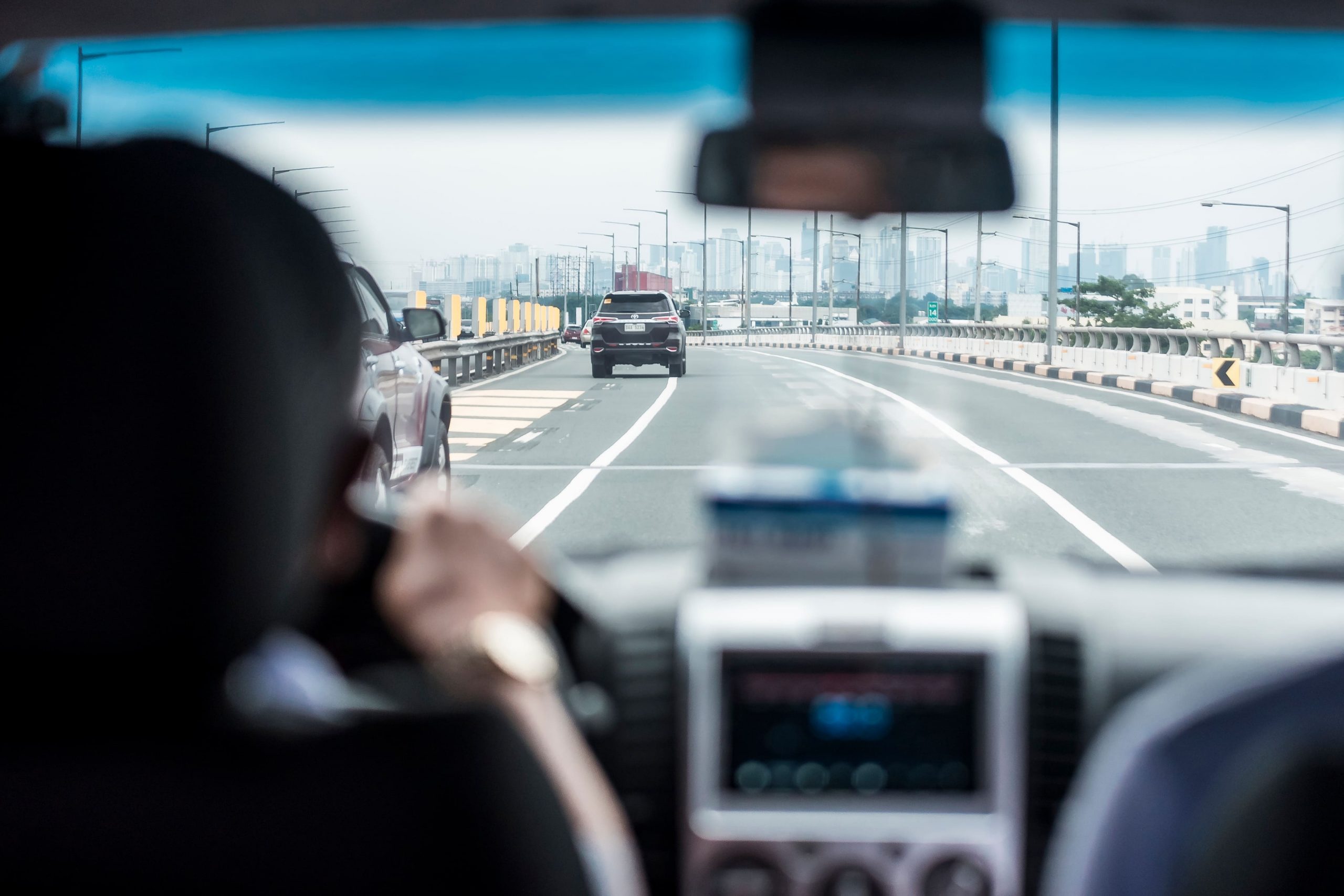



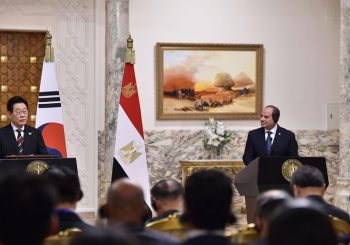
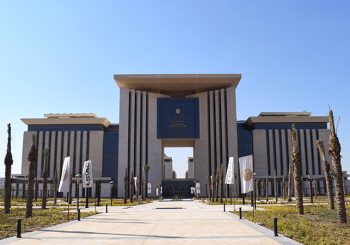
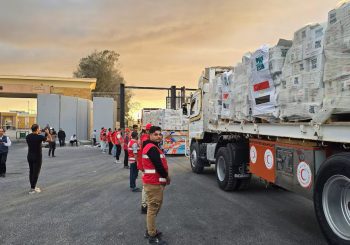
Comments (5)
[…] Source link […]
[…] post Zigzagging Through Cairo and Life: a Memorable Conversation with a Captain first appeared on Egyptian […]